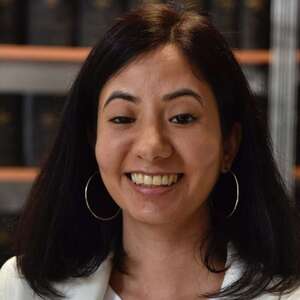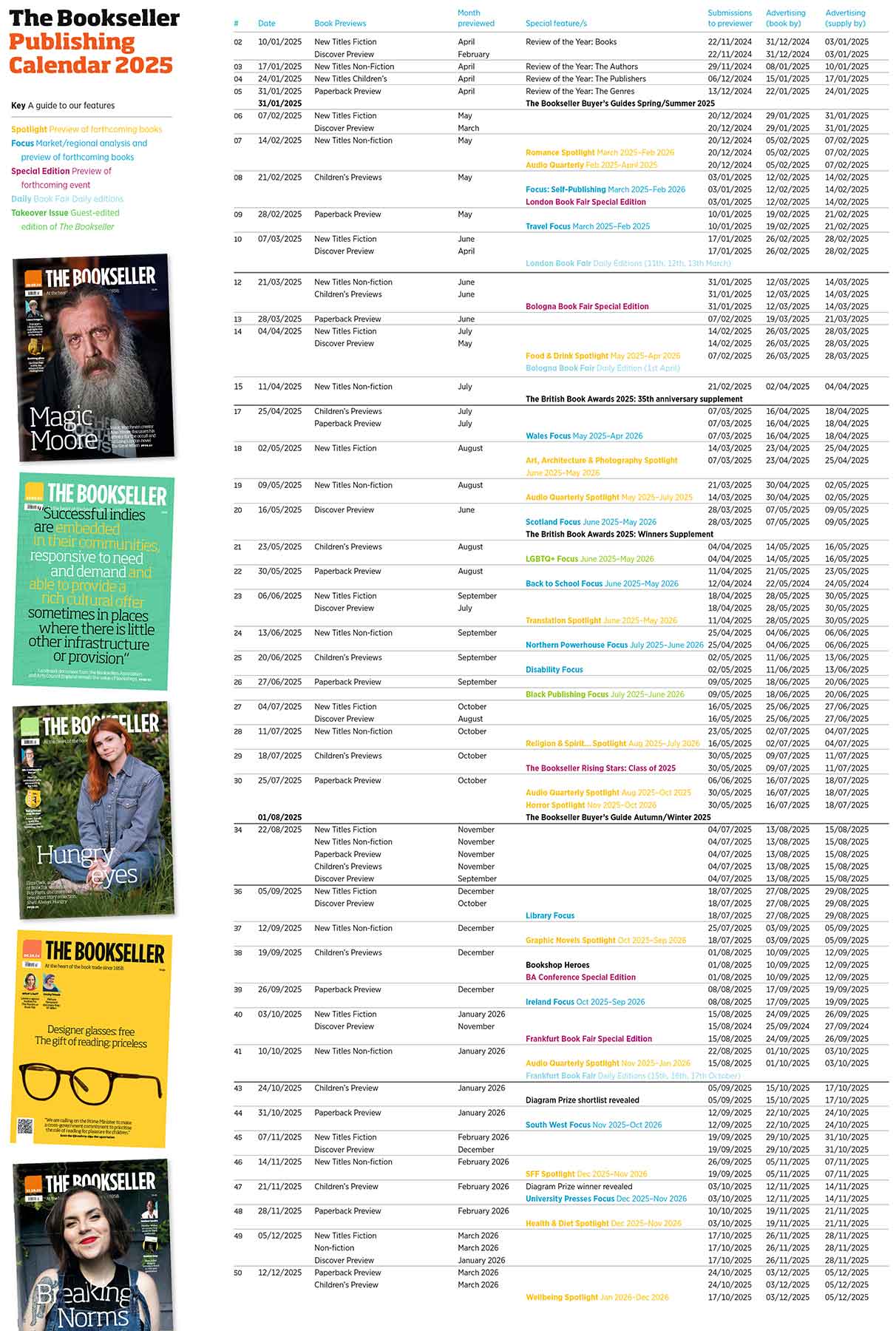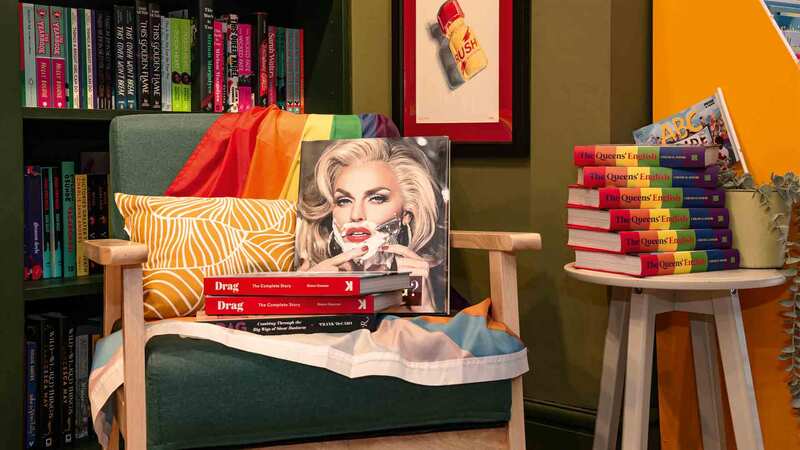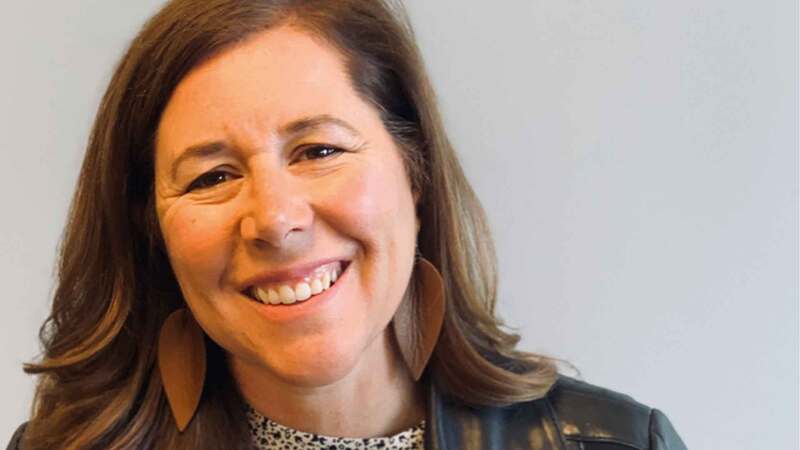You are viewing your 1 free article this month. Login to read more articles.
We need to call out the lack of support and erasure of Black British voices
Using terms such as BAME and PoC makes it harder to call out the lack of support and erasure of Black British voices (often working class and male) from festivals, prizes, agencies and organisations set up by non-Black PoC in the name of ‘diversity’ and ‘inclusion’.
I’m a British Indian woman who has been working in publishing for the last 13 years. From the very beginning of my career I’ve understood that the mainstream UK publishing industry is inherently racist and classist. In 2015 I left to set up OWN IT! - an independent press and literary film and TV agency with an events arm. It was clear to me that there was no room for me to stay, no space for my ideas and no desire from the powers that be to listen and engage in a conversation about how to make the industry a less racist and classist environment.
In my first job in publishing I was being paid £16,000 when my counterparts (all white, middle class and with less qualifications and experience than me) were being paid £20,000. The message has always come through loud and clear. Shrink who you are to blend in or don’t progress. Work twice as hard but expect less than everyone else. Do valuable work behind the scenes but don’t expect recognition.
The disconnect between the rhetoric on everyone’s lips around the importance of diversity, against my experiences of overt and covert racism and classism, felt stifling.
In 2013 I wrote an article about how the lack of diversity in the publishing workforce was hindering our ability to acquire and successfully publish more representative books. Ironically, I felt muted and isolated from the internal conversation about the best ‘commitment to diversity’ wording to add to the end of my article. There was an unspoken understanding that I would not be able to publish my words without it.
Before leaving mainstream publishing to launch OWN IT!, I spent the two years prior trying to convince multiple companies to give me a chance to launch OWN IT! as an imprint. I took a business plan to a number of CEOs, MDs/senior management at various major publishers, divisions and literary agencies. I repeatedly got polite coded reasons why it wouldn’t work, or token gestures like suggesting POD. The message was always clear. A deep-rooted belief that there was a lack of talented Black and brown authors. A pre-conception that if the talent existed (and could be found) there wouldn’t be an audience/readership for books by Black and brown authors. It wouldn’t be commercially viable.
I knew none of this was true. I knew it was inherently racist (even if sub-consciously) as to not acknowledge a whole audience of Black and brown people who have money to spend, betrays the deep-seated thought process that only white middle- or upper-class people have money and will buy books. Banking on anyone other than this to buy books is a risk.
The fact that publishers and agents view certain authors and their perceived audiences as being higher risk has been brought into sharp focus by #PublishingPaidMe. I’m a publisher and agent. I understand that level of advances offered are not driven by whether an author is white or not. They are driven by PnLs which look at numbers and forecasted projections of what publishers think they will sell. But often the assumptions that under-pin those forecasts are coming from inferior value being placed on Black and brown authors and their audiences. Alongside this the comparable sales used from ‘similar’ titles is misleading, because the industry has a history of letting down Black and brown writers through monochrome work forces who don’t know how to speak to different audiences. It’s this that is often the real reason for low sales on comparable titles.
I wanted to share a final thought about how we frame this conversation or how the terminology we chose frames the way we think. I’d like to suggest that we stop using BAME as it can be unhelpful. It hides the fact that the experiences and struggles of all ‘PoC’ are not the same and ignores the more deeply held negative assumptions about Black writers and readers.
Using terms such as BAME and PoC also makes it harder to call out the lack of support and erasure of Black British voices (often working class and male) from festivals, prizes, agencies and organisations set up by non-Black PoC in the name of ‘diversity’ and ‘inclusion’.
As a British Indian working class woman I can’t escape racism and classism in the publishing industry or life. But I have privileges that are not shared by my Black friends and colleagues. I also have privileges as a light skin, racially ambiguous Indian woman that darker skin Indian/Asian people don’t benefit from. If we are going to have this conversation fully and frankly, let’s all air our dirty linen together and not pretend that non-Black ‘PoC’ enjoy privileges that Black colleagues and writers do not.
Crystal is the founder of OWN IT!, a storytelling lifestyle brand, publisher and literary agent, and can be found at @CrystalMMorgan.



















